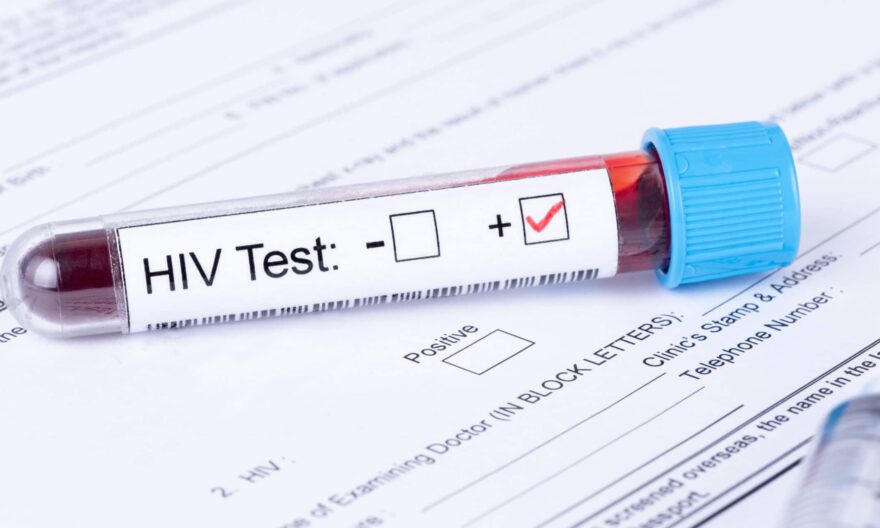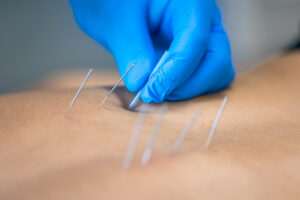
Human Immunodeficiency Virus (HIV) cripples the immune system, which would be too weak to resist infections and sicknesses. Post-exposure prophylaxis (PEP) is a medication method that can minimize the possibility of good degrees of being infected with HIV following probable exposure.
If recently one had a situation in which possibly he was exposed to HIV, post exposure prophylaxis HIV treatment can be very useful for its prevention. But PEP does not finish with finishing its regimen. Testing after is crucial to make sure of your health and peace of mind.
Why Follow-Up Testing After PEP Matters
Regular follow-up testing after PEP offers several advantages:
- Early detection: If another test is taken over the recommended period, early detection of a possible HIV infection can be made. Early detection would mean early treatment, and this could make a great impact on your health outcome by preventing transmission to others.
- Peace of mind: Doubts about contact with HIV can be a stressful condition. Negative-result test follow-ups act as reassurances and relieve anxiety. From your HIV status, you can make sound decisions about your health.
- Monitoring PEP: The follow-up testing also serves to help monitor the effectiveness of the administered PEP in your case. Consistent negative results throughout the follow-up test period represent very strong evidence that PEP has been effective in preventing HIV infection.
When to Test for HIV After PEP Completion
The testing schedule for people who have completed PEP in Singapore typically involves three recommended follow-up tests. Here are the details of when to test for HIV after PEP:
- The First Test: This usually comes four to six weeks after the completion of the PEP regimen. Most critical is the realization that at this point, a negative result is just that: a negative result at this particular time. This is because, at this time, one may still be in the window period.
- The Second Test: Second testing is usually done three months after the completion of PEP. The reason is that for such a long period, the body will have had enough time to make its own detectable antibodies in case one is infected.
- Additional Testing: Additional testing at 6 months or later may be recommended, depending on individual needs and risk factors related to the exposure that may have occurred. This is something you can discuss with your physician to determine what kind of testing schedule will be best for you.
Types of HIV Tests Used During Follow-Up
Understanding the types of HIV tests will help in the decision-making when one will be needed for follow-up post-PEP. Here are the two main categories broken down:
A) Rapid HIV Tests:
They give fast results, even at times in less than 20 minutes. Pretty handy since they are available at some healthcare facilities, including special clinics for sexual health. The rapid HIV test Singapore involves the detection of HIV antibodies—in essence, these are proteins produced by the body against the virus. Conversely, quick tests take a short time compared to standard antibody tests. That is to say, the rapid test conducted too early after a recent infection might fail to detect the infection.
B) Standard Antibody Tests:
These are the most basic types of HIV tests used for diagnosis, as they detect HIV antibodies, but have a longer window period, usually three months post-potential exposure. This will make them ideal for conclusive results after completion of PEP. Standard antibody tests are usually performed in a laboratory and may take a few days to deliver results.
Why One Must Go for Follow-Up Testing
In other words, there are a few reasons that one would want to do all of the testing within the follow-up test schedule. Some common concerns on the part of people include:
- Fear of Positive Result: Knowing that the result is positive after undergoing an HIV test can be truly daunting. However, early detection by treatment increases positive health outcomes and acts as an entry strategy to take part in the prevention of transmission. Early intervention is also a gateway to access important support services.
- Stigma: This is related to the fear of carrying the stigma attached to HIV, where there is a fear of discrimination and rejection. This may scare off some people for testing. Testing for HIV, though, is at the instance and confidential, your healthcare provider has you in mind. Moreover, the country offers an increasing network of support groups and resources to help a person live with a diagnosis of HIV.
- Inconvenience: For a repeat test, there shall be, of course, an element of the inconvenience of getting this arranged. Then again, it is also worth pondering over the peace of mind a negative test result would bring. Most clinics offer flexible appointment slots and sometimes even offer rapid testing options.
Confidentiality and Support Services
Rapid HIV test in Singapore is done with confidentiality. Your privacy is protected by law, which obliges healthcare providers. Any issue of confidentiality may be discussed with your doctor without fear.
Singapore offers people who may be living with HIV or be navigating potential exposure a range of support services. These include:
- Free and Sub-Regulated Tests: Most public institutions including clinics and health centres offer HIV testing free of charge or at a subsidized rate.
- Emotional support: fears may arise about HIV exposure or in the waiting period until testing. The counselling offers support and advice.
- Treatment for HIV: If you test positive, Singapore offers comprehensive treatment and support services.
Conclusion
Finishing post exposure prophylaxis HIV treatment is a proactive step for your health protection. An essential part is following up with the recommended testing schedule. Following these series of tests, you then come out with a very good understanding of your HIV status, and from there, you can control it. But you are never alone in this. In Singapore, help is literally at the doorstep with so many resources and support services in place to hold your hands every step of the way. Never hesitate to raise your hand if help is needed.



